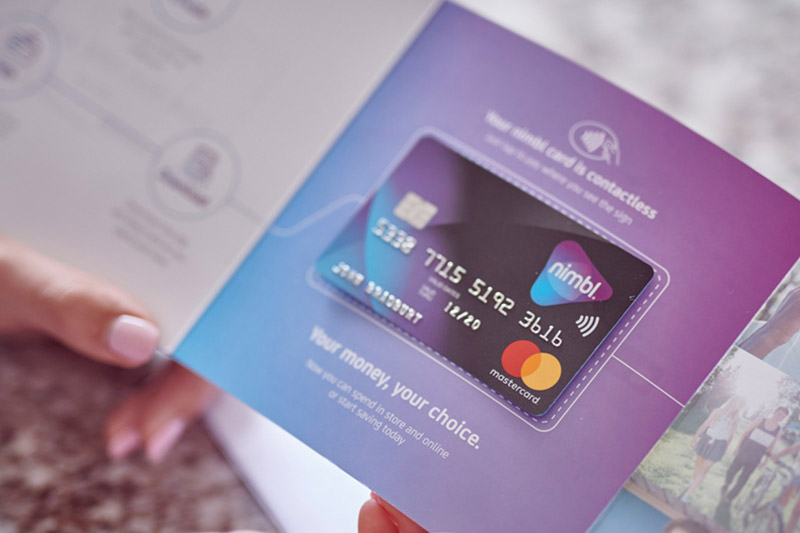As parents, we are constantly striving to provide our children with the tools they need to succeed in life. One crucial aspect that often gets overlooked – financial education. As your child prepares to transition into secondary school, it’s the perfect time to start laying the foundation for a solid understanding of personal finance. Here’s our guide to help you navigate financial education for your child.
Start Early
Financial education is not a topic that should be reserved for later years. Begin introducing basic financial concepts as early as possible. Simple lessons about saving, spending, and the value of money can be incorporated into daily life. Use everyday situations, such as grocery shopping or setting up a piggy bank, to teach fundamental financial principles.
Make it Practical
Children learn best through hands-on experiences. Involve them in real-life scenarios that require financial decision-making. Consider giving them a small allowance and encourage them to budget for their wants and needs. This practical approach helps them develop essential money management skills in a controlled environment.
Use Technology to Your Advantage
Harness the power of technology to make financial education engaging for your child. Numerous educational apps and online resources are designed to teach financial literacy in a fun and interactive way. From budgeting games to pocket money cards offered by nimbl, these tools can make learning about money enjoyable and memorable.
Key Topics to Cover
Budgeting and Saving
Ensure your child knows the importance of creating a budget to stick to. Similarly, encourage them to save money for different purposes. If they get an allowance, this may involve assigning a set amount each month to different ‘buckets’, whether for long-term savings, an emergency fund or everyday spending.
Bank Accounts
Introduce your child to the basics of banking, including the importance of savings accounts and interest rates. The concept of compound interest can help to show them the benefits of saving long term.
Earning and Income
Discuss different ways to earn money, such as household chores, part time jobs or entrepreneurial ventures such as a bake-sale. It may be worth discussing you or your partner’s own career and how your income supports the household.
Debit and Credit
Educate your child on responsible borrowing, as well as the advantages and disadvantages of credit cards, and how credit score is very important.
Investments and Long-Term Planning
Introduce the concept of investing to help growth your wealth in the long-run. This may include discussing stocks, bonds and funds to help plan for the future.
Encourage Questions
Create an open and non-judgmental environment for your child to ask questions about money. Financial matters can be intimidating, but fostering a curiosity about how money works will empower your child to become financially savvy. Answer their queries patiently and encourage critical thinking about financial decisions.
Lead by Example
Children often learn by observing the behaviour of their parents. Demonstrate responsible financial habits and decision making. Whether it’s budgeting, saving for a goal, or making informed investment choices, your actions speak louder than words. Be a positive financial role model for your child to emulate.
Equipping your child with the knowledge and skills to manage money responsibly will set the stage for a financially secure future. By starting early, incorporating practical experiences, and utilizing available resources, you empower your child to navigate the complexities of the financial world with confidence and competence. Remember, the lessons you teach them now will serve as a foundation for a lifetime of financial success.

